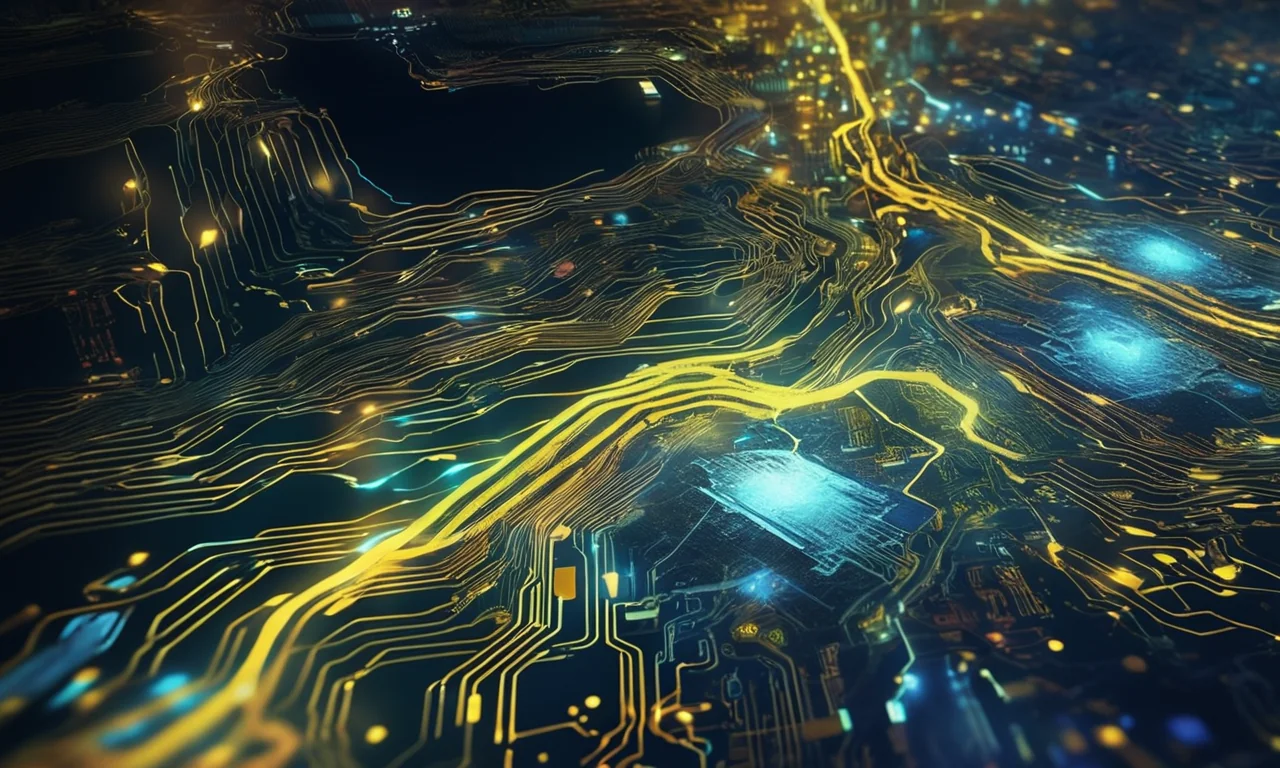
AI Reliability Concerns Intensify as Error Rates Approach 50 Percent
The surge in AI adoption is driving urgent calls for transparency, sustainability, and ethical safeguards in critical sectors.
Today's conversations on Bluesky's artificial intelligence channels reveal a dynamic landscape where the promise of AI is intertwined with pressing questions of reliability, application, and impact. From transformative healthcare initiatives to futuristic storytelling and groundbreaking hardware, the community grapples with both the remarkable advances and the underlying risks of this technology. Three major themes have emerged: trust and accuracy in AI outputs, the leap toward sustainable and accessible AI infrastructure, and the evolving roles of AI in creativity and education.
Trust, Reliability, and Ethics in Artificial Intelligence
Concerns about the reliability of AI systems are front and center, especially in health and research. The recent publication shared by Amit Chandra, MD highlights how hallucination, sycophancy, and opaque algorithms can undermine trust in medical research. Complementing this, a BBC/EBU study spotlighted by Artificial Intelligence News reveals that nearly half of AI queries to major systems like ChatGPT yield erroneous answers, often due to flawed or outdated training data. These findings reinforce the need for curated datasets and vertical solutions tailored to professional applications.
"AI may enable a deeper epistemological shift, moving beyond the structural reductionism that has long shaped PROs' measurement. It may. IMO, the interpretation of PRO comments needs emotional and inquisitive intelligence not found in algorithms."- @winn-on-health.bsky.social (2 points)
As AI permeates medical imaging, initiatives like the CLAIM checklist are pushing for transparency and rigor in how these technologies are developed and evaluated. Meanwhile, businesses face new challenges, with software such as Ramp's AI-driven fraud detection flagging a surge in fake expense receipts—reminding stakeholders that AI is as much a tool for deception as it is for defense.
Sustainable Infrastructure and AI's Expanding Reach
Innovation in AI hardware and infrastructure is making advanced computing more accessible and environmentally responsible. China's unveiling of the BI Explorer miniaturized supercomputer represents a leap toward compact, energy-efficient neural networks capable of processing multimodal data for applications ranging from home health monitoring to personalized assistance. The system's ability to deliver high performance with drastically reduced power consumption could set new standards for AI deployment in diverse environments.
"Generative AI is changing how we create, work, and solve problems. From emergency response systems to automated content and code, AI is now delivering real ROI — not just hype."- @zonetechai.bsky.social (3 points)
Simultaneously, China is investing in green infrastructure with the launch of the world's first underwater data center, powered by offshore wind and cooled by ocean currents. This project addresses the soaring energy demands of AI while minimizing environmental impact, potentially influencing global approaches to sustainable technology.
AI's Transformative Influence on Creativity and Education
AI's influence is increasingly visible in both creative and academic spheres. The development of ANDIES, a science fiction IP built with AI tools, exemplifies how generative technologies are reshaping storytelling and production, enabling creators to experiment with new formats and narrative possibilities. This trend is not limited to entertainment; educational research, such as the Chalmers University study, envisions six scenarios for AI's impact on higher education, suggesting that effective integration of AI requires thoughtful coordination and ongoing reflection.
"Link to Ars Technica article: arstechnica.com/health/2025/..."- @amitchandramd.bsky.social (3 points)
As AI tools become more embedded in workflows, both opportunities and risks are surfacing for students, educators, and professionals. The debate continues over how to harness AI's transformative power while maintaining the human judgment and emotional intelligence that algorithms still lack.
Every subreddit has human stories worth sharing. - Jamie Sullivan